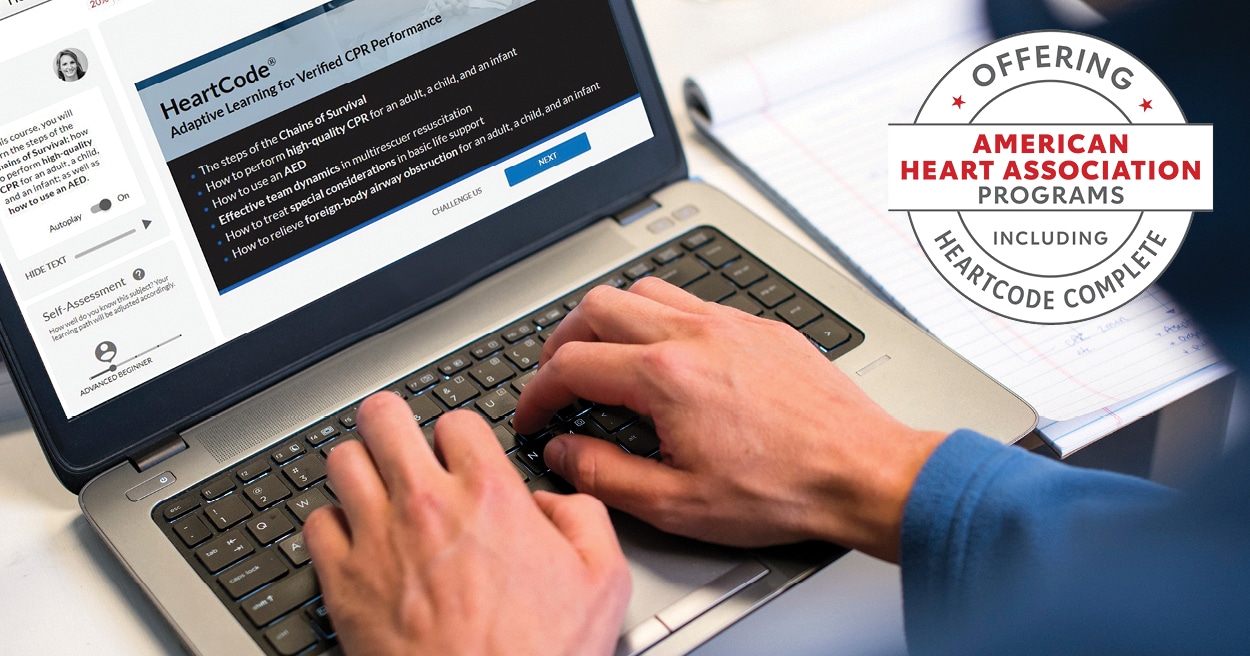American Heart Association© PALS Certification Classes in Turlock

American Heart Association© PALS
Course Name: PALS Pediatric Advanced Life Support (Initial or Renewal)
Online Course Length: 3-4 hours (At your home.)
Skills Testing: 30-40 minutes (At one of our over 55 testing sites.)
Price: $290 (This includes the online PALS course, skills testing, & PALS card.)
Certification: American Heart Association© PALS certification card.
When: PALS classes are offered Monday – Sunday from 7 am to 6 pm
Card Issuance: You will receive the PALS certification card on day of class.
Add ons available: ACLS, BLS, First-aid, Opioid, or Bloodborne Pathogens
Low Price Guranetee: Lowest Prices in Turlock, CA. Price matching policy.
Registration: View PALS Courses in Turlock Or Another City Near You
Strengthening Pediatric Care in Turlock: The Impact of American Heart Association PALS Classes
In Turlock, a community enriched with families and children, the demand for high-quality pediatric care is paramount. Ensuring that healthcare providers are equipped with the necessary skills to effectively respond to pediatric emergencies is crucial. The American Heart Association’s Pediatric Advanced Life Support (PALS) classes play a significant role in fulfilling this need by providing specialized training aimed at improving the health outcomes of children in emergency situations. This comprehensive article explores the vital importance of PALS training in Turlock, highlighting its impact on healthcare providers, emergency responders, and the wider community.
Understanding PALS and Its Necessity
Pediatric Advanced Life Support (PALS) is an instructional program developed by the American Heart Association (AHA) designed to train healthcare professionals in the lifesaving interventions required during pediatric emergencies. The program focuses on techniques for assessing, stabilizing, and providing advanced treatment to critically ill or injured children and infants. PALS training is essential because children are not simply small adults; they have unique anatomical and physiological differences that require specialized medical approaches.
The Importance of PALS Training in Turlock
For a community-centered city like Turlock, where family-oriented activities and schools are integral to daily life, having a robust system capable of effectively managing pediatric emergencies is non-negotiable. PALS training ensures that healthcare professionals are not only equipped to provide advanced medical care but also prepared to do so in a manner that addresses the specific needs of infants and children.
Impact on Local Hospitals and Healthcare Facilities
Turlock’s healthcare facilities, including Emanuel Medical Center and numerous pediatric clinics, greatly benefit from staff who are PALS-certified. These certifications are not merely formalities but are crucial in enhancing the capacity of these institutions to deliver critical care tailored to children. In emergency departments and intensive care units, where seconds count, the training and readiness provided by PALS courses can make the difference between life and death.
Community Outreach and Education
Beyond the hospital setting, PALS training also extends to outreach and educational programs within Turlock. Schools, sports coaches, and community center staff often participate in basic PALS training to recognize and respond appropriately to emergencies until medical professionals arrive. This widespread training can elevate the entire community’s ability to safeguard its youngest members, providing peace of mind to parents and caregivers.
Challenges and Opportunities
While the benefits are clear, ensuring widespread PALS certification in Turlock faces challenges such as funding, accessibility, and time constraints for busy healthcare professionals. However, the opportunities to overcome these challenges are plentiful. Hospitals and healthcare organizations can offer PALS training as part of employment benefits or continuing education programs. Additionally, collaborations between hospitals, local health departments, and community centers can facilitate more public access to PALS training courses.
Strengthening Turlock’s Emergency Preparedness
As Turlock continues to grow, the infrastructure supporting pediatric healthcare must evolve concurrently. Strengthening the capability of local healthcare services through regular and advanced PALS training ensures that children in Turlock receive the best possible care in emergencies. This commitment to pediatric emergency preparedness not only enhances the community’s resilience but also solidifies its dedication to nurturing a safe and secure environment for its younger residents.
Conclusion: A Commitment to Pediatric Excellence
In conclusion, the American Heart Association’s PALS classes are an indispensable resource for Turlock, vital for enhancing pediatric care and emergency response capabilities. The training empowers healthcare providers with the confidence and skills to make critical interventions that save young lives. As Turlock looks to the future, the continued emphasis on pediatric emergency preparedness will be a cornerstone of its community health initiatives, ensuring that its children—its most precious resource—are protected and given the best chances of thriving in the face of medical adversities.
FAQs
Who should attend PALS certification classes in Turlock?
PALS certification classes are primarily designed for healthcare professionals who are involved in the management of pediatric patients, including pediatricians, emergency physicians, nurses, paramedics, and respiratory therapists.
How long does a PALS certification course typically last?
PALS certification courses usually span over two days, with a combination of didactic instruction, skills practice, and simulated scenarios to ensure comprehensive learning and skill mastery.
Is there a renewal requirement for PALS certification?
Yes, PALS certification is typically valid for two years, after which healthcare professionals are required to undergo PALS renewal courses to maintain their certification.

